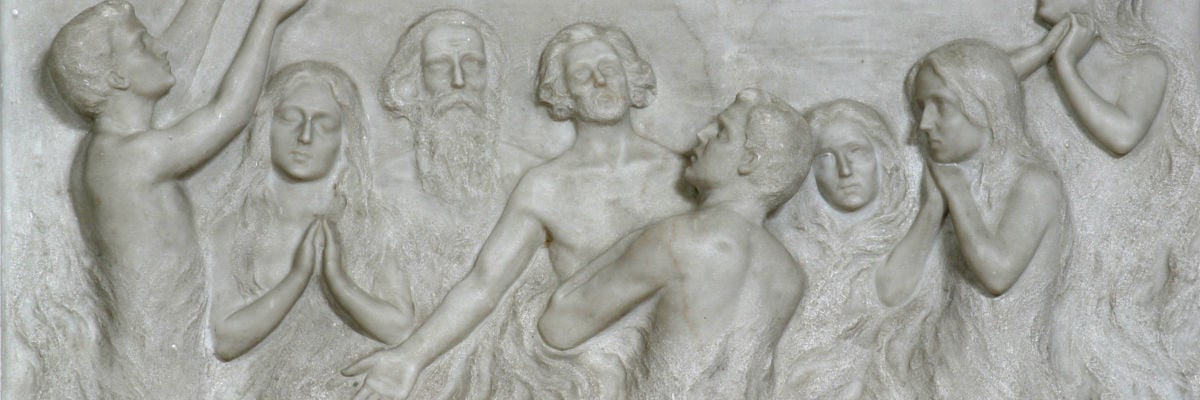
DAY 344
CHALLENGE
“1 Corinthians 3 isn’t a good text for purgatory: (1) Paul speaks of ministers, not ordinary people; (2) their works are being tested, not them; and (3) this happens at Judgment Day, not the end of life.”
DEFENSE
None of these objections deprive the passage of its evidential value.
First, in 1 Corinthians 3:10–17, Paul uses a metaphor comparing the Corinthian church to a temple. He laid its foundation, and others are now building on that. In the surrounding context, Paul refers to other ministers (Apollos and Peter), but he doesn’t limit his remarks to ministers.
He says, “Let each man take care how he builds upon” the temple’s foundation (v. 10) and warns, “If any one destroys God’s temple, God will destroy him” (v. 17). This suggests an application to all church members, for everyone has a role to play in “building up” the church (1 Cor. 8:1, 10:23, 14:12), and all have the potential to “destroy” in the church (1 Cor. 8:11). Even if Paul were thinking exclusively of ministers in this passage, the principle has a broader application that includes everyone, for God “will render to every man according to his works” (Rom. 2:6).
Second, Paul speaks of people building “on the foundation with gold, silver, precious stones, wood, hay, straw” (v. 12) and of these being tested with “fire” (v. 13a). Although the object of the testing is “what sort of work each one has done” (v. 13b), this has existential consequences for the worker: He will “receive a reward” (v. 14) or “suffer loss” (v. 15a). If the latter, “he himself will be saved, but only as through fire” (v. 15b). Paul thus compares that man’s situation to a person escaping from a burning temple.
Third, although Paul says, “the Day will disclose” each man’s work (v. 13), he was writing at a time when he expected much of his audience to be alive at the Second Coming (cf. 1 Cor. 15:51; 1 Thess. 4:15, 17). If someone is alive at Judgment Day, that’s when this will happen. However, for those who die before Judgment Day, it occurs when we stand before the Lord at the particular judgment (CCC 1021–22). Therefore, whenever they stand before the Lord, even the saved can have a testing comparable to escaping through flames.



